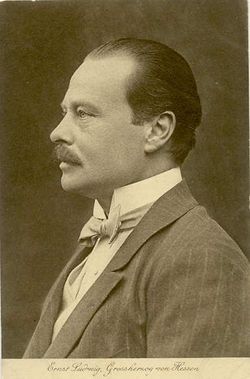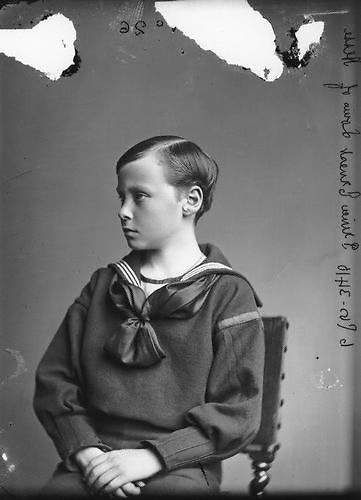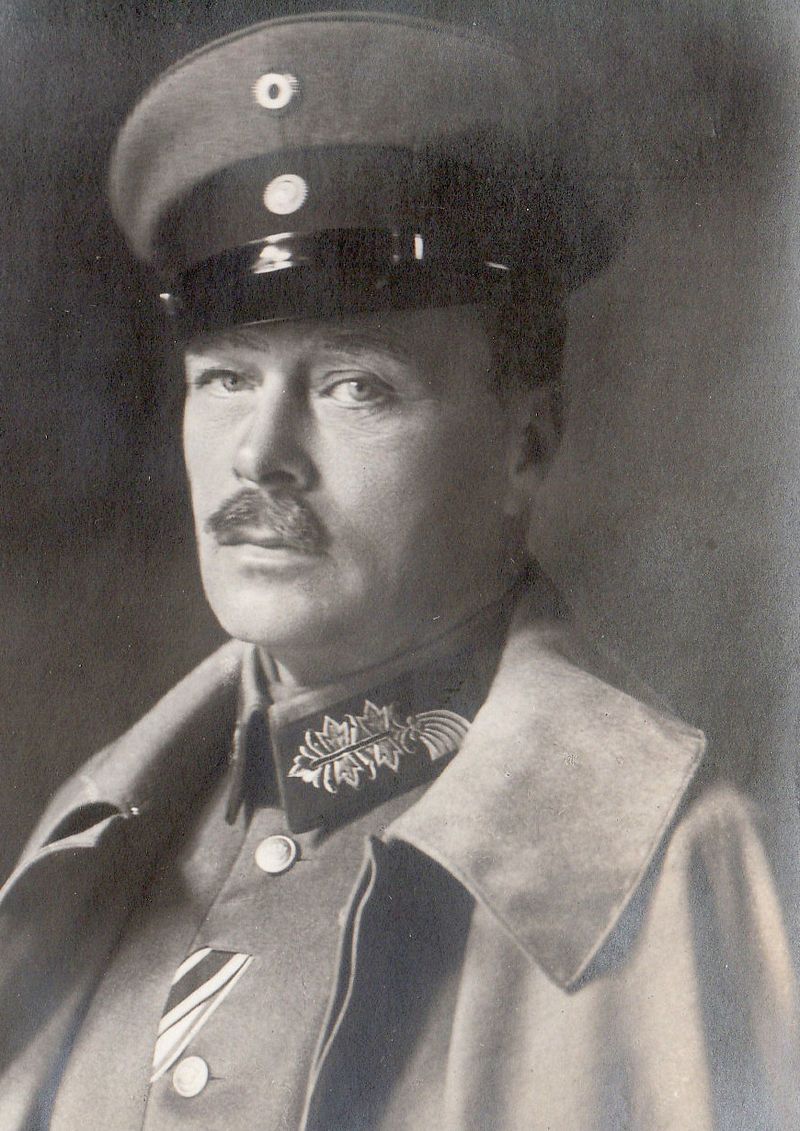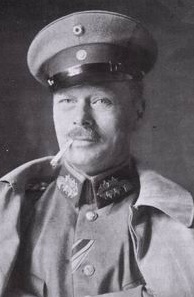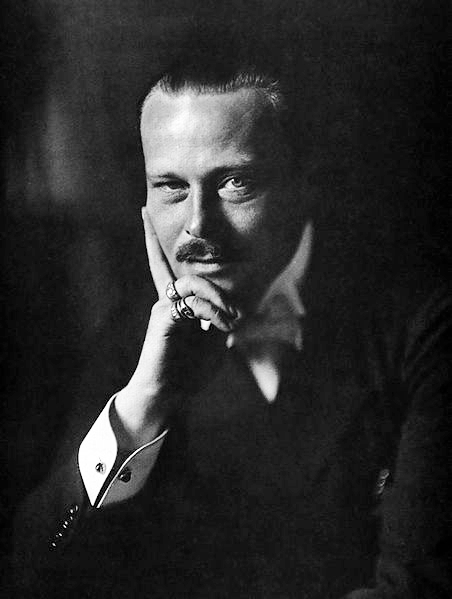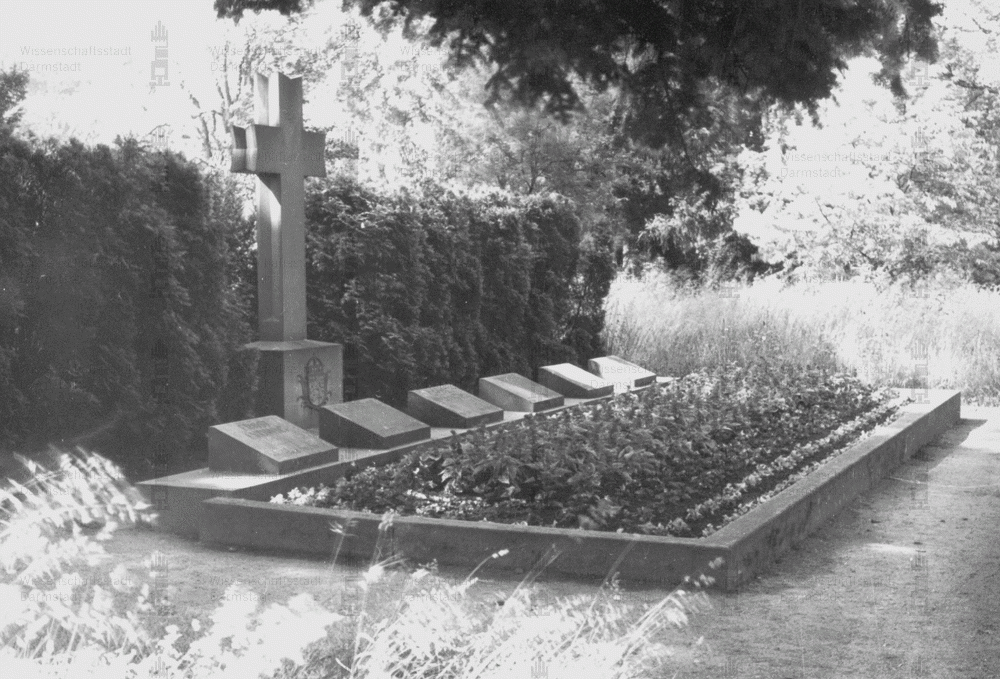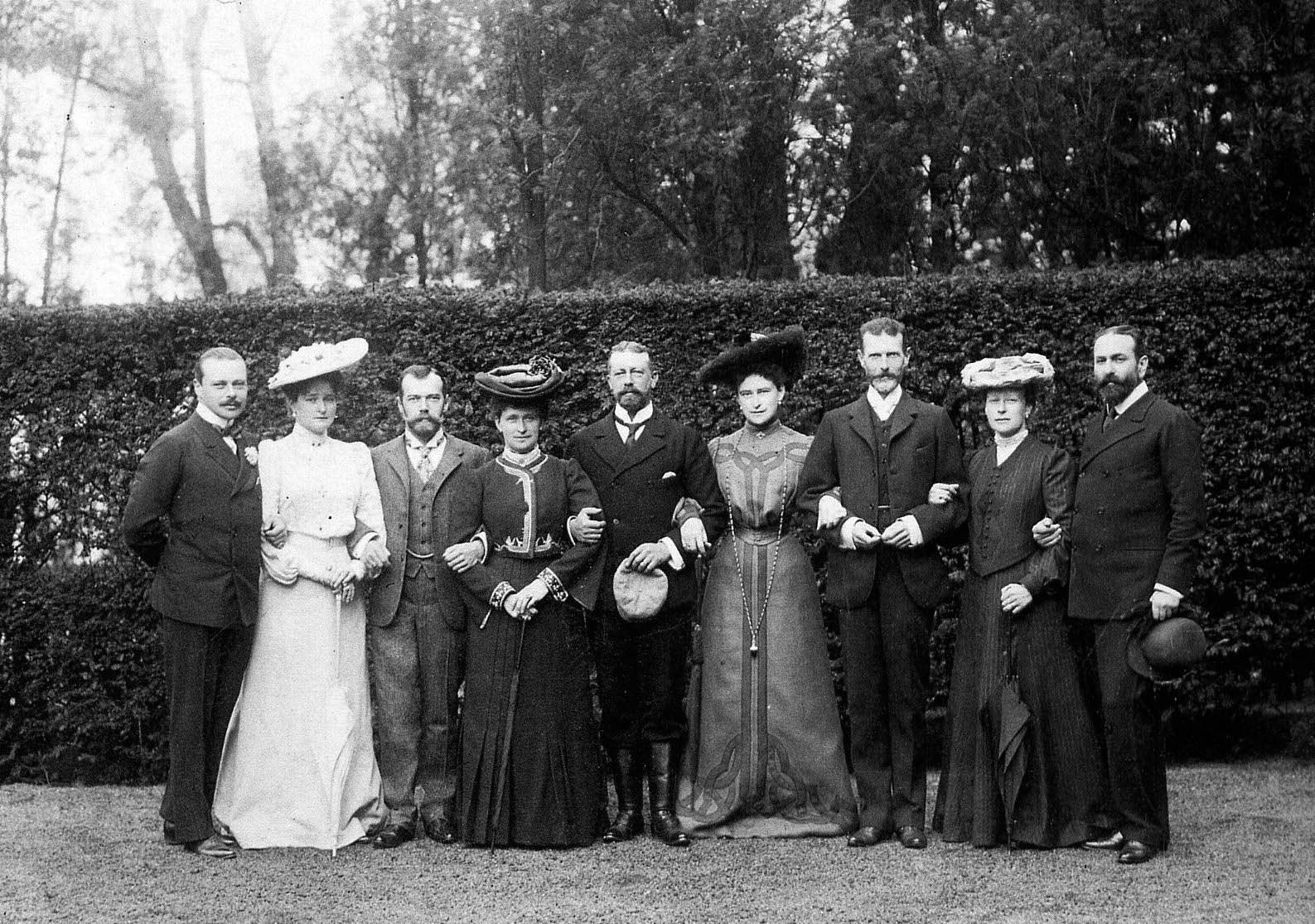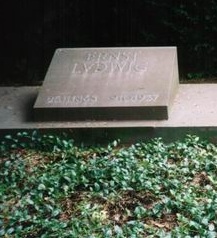Early Life
Ernest Louis was born into royalty, the elder son of Louis IV, Grand Duke of Hesse and by Rhine, and Princess Alice of the United Kingdom, the second daughter of Queen Victoria. He was surrounded by notable figures from birth; his younger sister, Alexandra, became the wife of Tsar Nicholas II, the last Emperor of Russia, and another sister, Victoria Mountbatten, became the mother of Queen Louise of Sweden, Louis Mountbatten, and Princess Alice of Battenberg, the mother of Prince Philip, Duke of Edinburgh.
Growing up, Ernest Louis witnessed profound family tragedies. At just five years old, he lost his younger brother Prince Friedrich. This devastating loss was followed by the death of his youngest sister, Princess Marie, during a diphtheria epidemic. Shortly after, his mother, Princess Alice, also succumbed to the disease.
These early tragedies marked the Grand Duke's youth, but they also formed a man of resilience, strength, and deep attachment to those he loved.
Marriages
On 19 April 1894, Ernest Louis wed his maternal first cousin, Princess Victoria Melita of Edinburgh. Encouraged by their shared grandmother, Queen Victoria, the union saw the presence of Europe's royalty. But happiness proved elusive. Despite having two children together—a daughter, Elisabeth, who tragically died at age 8, and a stillborn son—their union was marred by differences and allegations. They divorced in December 1901.
A new chapter began for Ernest Louis when he married Princess Eleonore of Solms-Hohensolms-Lich in 1905. The couple had two sons, Georg Donatus and Louis, marking a period of familial contentment for the Grand Duke.
Grand Duke of Hesse
In 1892, Ernest Louis assumed the grand ducal throne after the death of his father. Beyond the regal duties, he was a true patron of the arts. He founded the Darmstadt Artists' Colony and was also a gifted artist himself, penning poems, plays, essays, and composing for the piano.
World War I brought further challenges. As the war raged, he lost family members to the upheavals in Russia, including his two sisters, Elizabeth and Alexandra. The end of the war saw the abolition of his throne in 1918.
Death and Legacy
On 9 October 1937, Ernest Louis passed away at Schloß Wolfsgarten after a long illness. He was laid to rest beside his beloved daughter, Elisabeth, in Darmstadt.
His legacy is perhaps best encapsulated in the words of his former sister-in-law, Marie of Romania: "Ernie could be the gayest of companions, full of almost feverish life. There was something effervescent about him, rather restless even; he was highly strung and had the artistic temperament developed to the highest degree."
Ernest Louis' life was colored by personal tragedies, royal responsibilities, and a deep love for art and his family. He remains an integral figure in the intertwined tapestry of European royal history, leaving behind memories of resilience, love, and patronage.
Written by: Alan Owen
Early Life
Ernest Louis was born into royalty, the elder son of Louis IV, Grand Duke of Hesse and by Rhine, and Princess Alice of the United Kingdom, the second daughter of Queen Victoria. He was surrounded by notable figures from birth; his younger sister, Alexandra, became the wife of Tsar Nicholas II, the last Emperor of Russia, and another sister, Victoria Mountbatten, became the mother of Queen Louise of Sweden, Louis Mountbatten, and Princess Alice of Battenberg, the mother of Prince Philip, Duke of Edinburgh.
Growing up, Ernest Louis witnessed profound family tragedies. At just five years old, he lost his younger brother Prince Friedrich. This devastating loss was followed by the death of his youngest sister, Princess Marie, during a diphtheria epidemic. Shortly after, his mother, Princess Alice, also succumbed to the disease.
These early tragedies marked the Grand Duke's youth, but they also formed a man of resilience, strength, and deep attachment to those he loved.
Marriages
On 19 April 1894, Ernest Louis wed his maternal first cousin, Princess Victoria Melita of Edinburgh. Encouraged by their shared grandmother, Queen Victoria, the union saw the presence of Europe's royalty. But happiness proved elusive. Despite having two children together—a daughter, Elisabeth, who tragically died at age 8, and a stillborn son—their union was marred by differences and allegations. They divorced in December 1901.
A new chapter began for Ernest Louis when he married Princess Eleonore of Solms-Hohensolms-Lich in 1905. The couple had two sons, Georg Donatus and Louis, marking a period of familial contentment for the Grand Duke.
Grand Duke of Hesse
In 1892, Ernest Louis assumed the grand ducal throne after the death of his father. Beyond the regal duties, he was a true patron of the arts. He founded the Darmstadt Artists' Colony and was also a gifted artist himself, penning poems, plays, essays, and composing for the piano.
World War I brought further challenges. As the war raged, he lost family members to the upheavals in Russia, including his two sisters, Elizabeth and Alexandra. The end of the war saw the abolition of his throne in 1918.
Death and Legacy
On 9 October 1937, Ernest Louis passed away at Schloß Wolfsgarten after a long illness. He was laid to rest beside his beloved daughter, Elisabeth, in Darmstadt.
His legacy is perhaps best encapsulated in the words of his former sister-in-law, Marie of Romania: "Ernie could be the gayest of companions, full of almost feverish life. There was something effervescent about him, rather restless even; he was highly strung and had the artistic temperament developed to the highest degree."
Ernest Louis' life was colored by personal tragedies, royal responsibilities, and a deep love for art and his family. He remains an integral figure in the intertwined tapestry of European royal history, leaving behind memories of resilience, love, and patronage.
Written by: Alan Owen
Family Members
-
![]()
Victoria of Hesse
1863–1950
-
![]()
Saint Elizabeth Feodorovna Romanov
1864–1918
-
![]()
Saint Elizabeth Feodorovna Romanov
1864–1918
-
![]()
Irene Princess Heinrich of Prussia
1866–1953
-
![]()
Prinz Friedrich von "Frittie" Hessen und bei Rhein
1870–1873
-
![]()
Alexandra Feodorovna Romanova
1872–1918
-
![]()
Prinzessin Marie von Hessen und bei Rhein
1874–1878
Sponsored by Ancestry
Advertisement
Records on Ancestry
Sponsored by Ancestry
Advertisement
